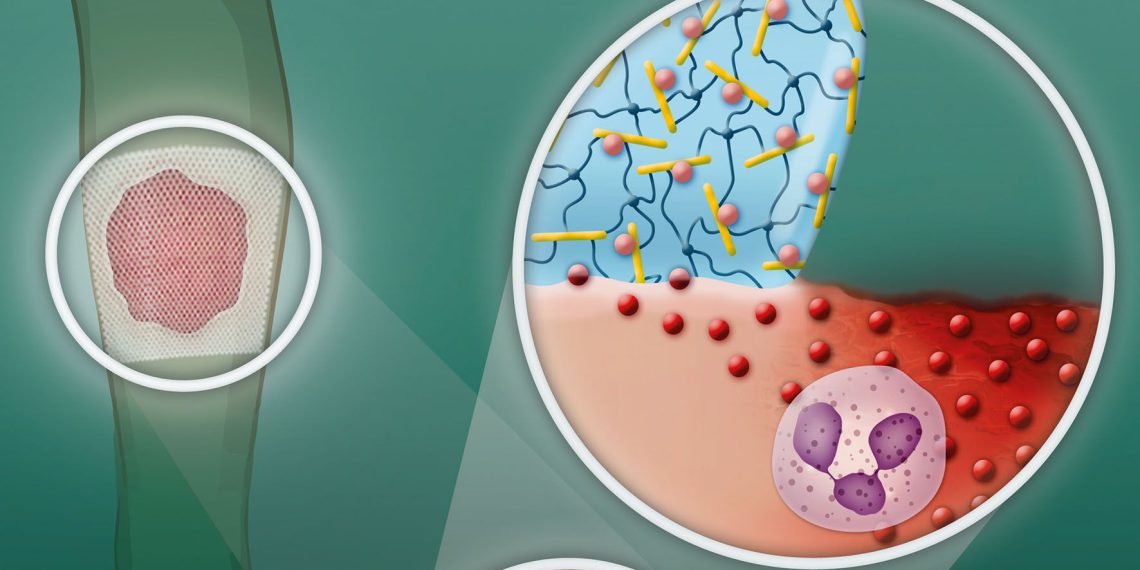Researchers at the Leibniz Institute of Polymer Research Dresden (IPF), BASF SE and faCellitate (a venture team of Chemovator GmbH) have jointly developed novel, so-called “anchor polymers” with systematically varied molecular architecture for the adsorptive biofunctionalization of bulk material surfaces. The work was published in Advanced Materials and enables, for example, the cell-adhesive or antimicrobial equipment of material surfaces for biotechnological, medical-technical but also many other applications.
Tailor-made surface properties are the key to modern materials. Researchers at the Leibniz Institute of Polymer Research Dresden (IPF), together with researchers from BASF SE and faCellitate — a venture team of Chemovator GmbH — have now developed a versatile approach to surface functionalization based on PEGylated styrene-maleic acid (anhydride) copolymers carrying various bioactive units.
These can be applied as “anchor polymers” to various materials in a rapid and controlled manner via a simple adsorption process from aqueous solutions. The approach enables very effective, simple and robust customization of materials used, for example, in stem cell biotechnology, high-throughput toxicology studies, drug development and medical devices.
A report in the current issue of Advanced Materials, highlighted with a frontispiece, demonstrates the potential of anchor polymer coatings to guide the development of human endothelial cells and induced pluripotent stem cells in vitro and prevent bacterial colonization of material surfaces. The modular platform can be readily extended to incorporate a very wide range of bioactives, paving the way for high-throughput combinatorial surface engineering approaches of previously unfeasible complexity.

















